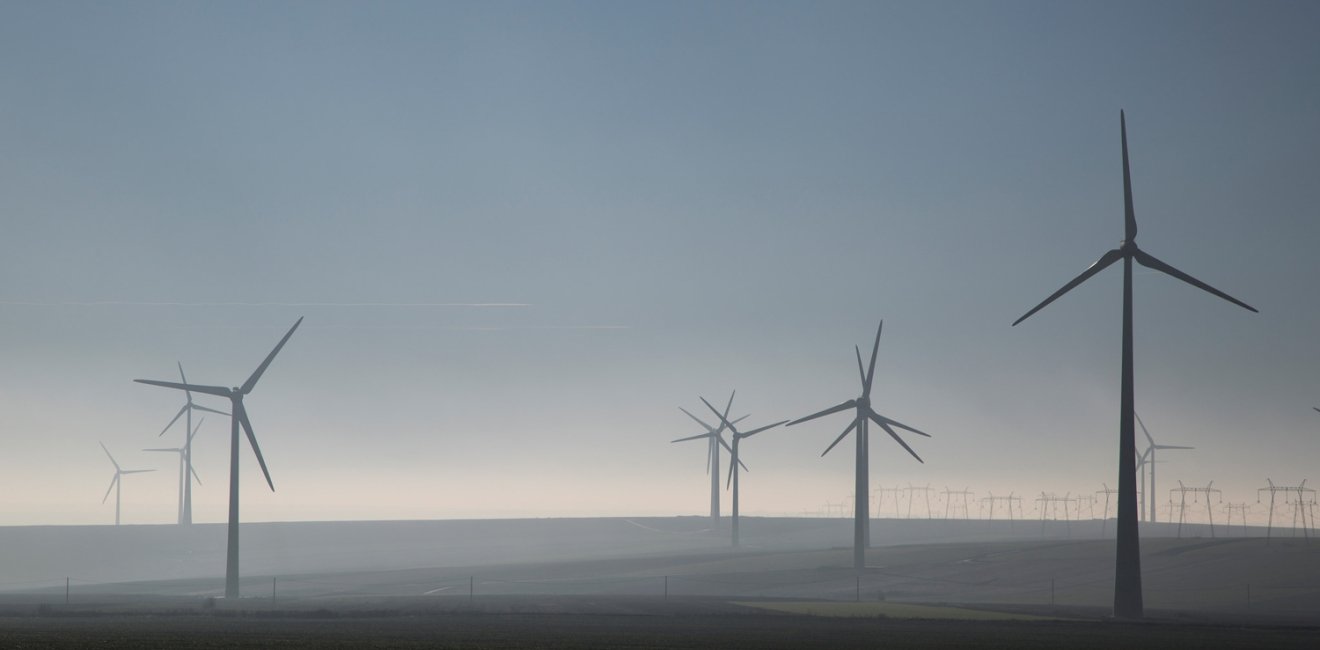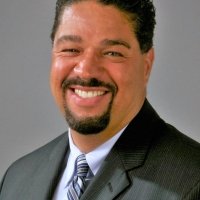Key Quotes on Paris Agreement Decision by Roger-Mark De Souza
“A lack of U.S. government support for the Paris climate agreement will mean that the United States will further isolate itself from international collaboration and cooperation on multiple fronts. It will affect U.S. security, the provision of jobs; U.S. business operations, and U.S. diplomatic efforts. The agreement, because it has a broad basis of support, will continue with or without the United States.”
“Many of the stipulations in the agreement further U.S. strategic interests and cities and states will be hard pressed to fully carry out the diplomatic dimensions that the agreement brings with it. Many U.S. states and cities are centers of innovation, resilience, and prosperity. Those goals will continue as they work to meet the goals, aspiration and logical objectives under the Paris agreement, but it will be harder for them to do so without overall U.S. government support.”
“It could potentially lead to colder relations with well-established partners for the United States and could mean that others could be willing to step in to increase their support and engagement as outlined in the Paris agreement. Eyes will be on Europe and China in particular.”
“The Paris agreement represented an unprecedented moment for a collective climate action plan. Because of the way that it is structured – with each country determining the best way for it to decarbonize and to revisit its progress in five year intervals – countries have the flexibility to be aspirational and inspirational. I anticipate that this momentum will continue.”
“The U.S. withdrawal will present a unique opportunity for China to provide some global leadership and goodwill – in much the same way that it did leading up to the Paris agreement. China seems interested in doing so.“
Interview with Roger-Mark Prior to Decision






